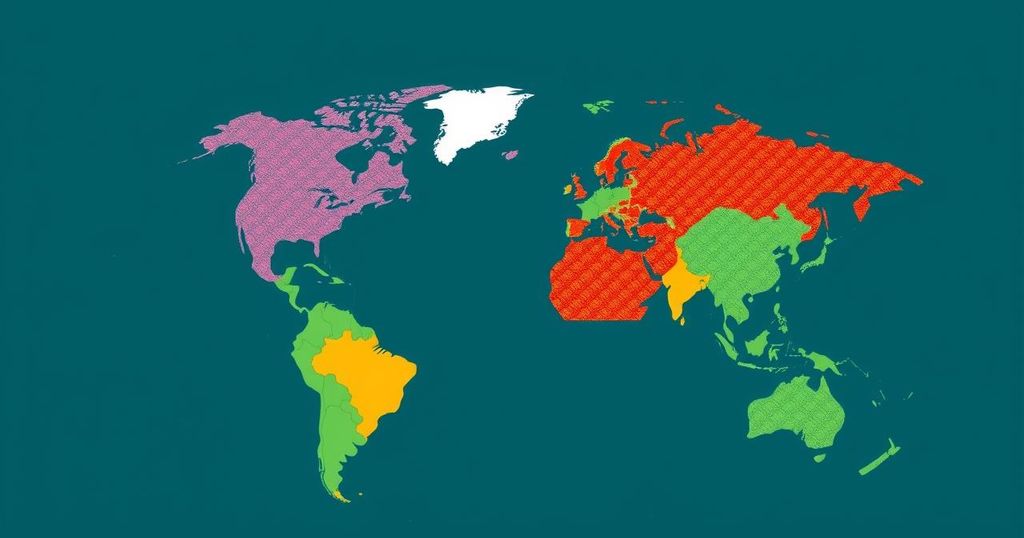Foreign officials at the U.N. climate summit propose ‘solidarity levies’ to fund green energy in developing countries, aiming to gather $100 billion annually through taxes on industries like shipping and aviation. This initiative arises amid concerns about U.S. funding under President Trump and seeks alternative revenue sources amidst past contentious discussions on climate finance. Overall, the success of this strategy relies on collaboration from various sectors to ensure proper fund allocation for climate initiatives.
At the recent U.N. climate change summit, foreign officials from countries including France, Spain, and Kenya have proposed the introduction of global climate taxes, termed “solidarity levies,” aimed at funding green energy initiatives in less developed nations. These officials are advocating for a plan to generate at least $100 billion annually via these levies, primarily targeting industries such as shipping and aviation. This push comes as outgoing President Donald Trump’s stance on climate funding raises concerns, leading to innovative financing strategies.
The desired funding mechanism involves the development of taxes on various sectors, with the potential to include the shipping industry, aviation, cryptocurrency trading, fossil fuel extraction, and even billionaire wealth. However, there is uncertainty regarding the allocation of funds generated from such levies; some officials suggest that revenue may instead support the shipping industry’s efforts to decarbonize rather than flow directly to developing nations. This discussion highlights the complex dynamics of international climate finance, especially under changing U.S. leadership.
Notably, existing carbon offset agreements among major airlines, established in 2016, are currently inadequately designed to redirect funds for broader climate initiatives. The task force evaluating the solidarity levies is considering existing aircraft ticket taxes, which currently exist in 21 countries, as a pathway to raise substantial revenue. Recent studies also reveal that high-profile events like the U.N. climate summits contribute significantly to greenhouse emissions, further complicating the narrative around climate action and funding.
The discussions surrounding climate funding have historically been contentious, particularly with varying national interests at play. The current U.N. climate summit represents a critical moment for nations to collaborate on establishing effective revenue streams for climate initiatives in developing countries. As the global community addresses the dire need for sustainable practices, the proposed solidarity levies may serve as a potential solution to help finance necessary projects, albeit under the shadow of political opposition from significant players such as the United States. The viability of these levies hinges on international cooperation and the ability to persuade industries to comply with new financial responsibilities.
In conclusion, the proposed solidarity levies at the U.N. climate change summit signal an urgent effort by foreign officials to secure funding for climate work in developing nations as the political landscape in the U.S. evolves. While potentially revolutionary, the effectiveness of these levies depends on broad sectoral support and clear allocation of funds to ensure meaningful climate action. As the international community grapples with these challenges, it is essential to foster dialogue and cooperation to achieve equitable climate financing.
Original Source: www.shorenewsnetwork.com






